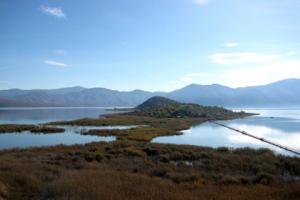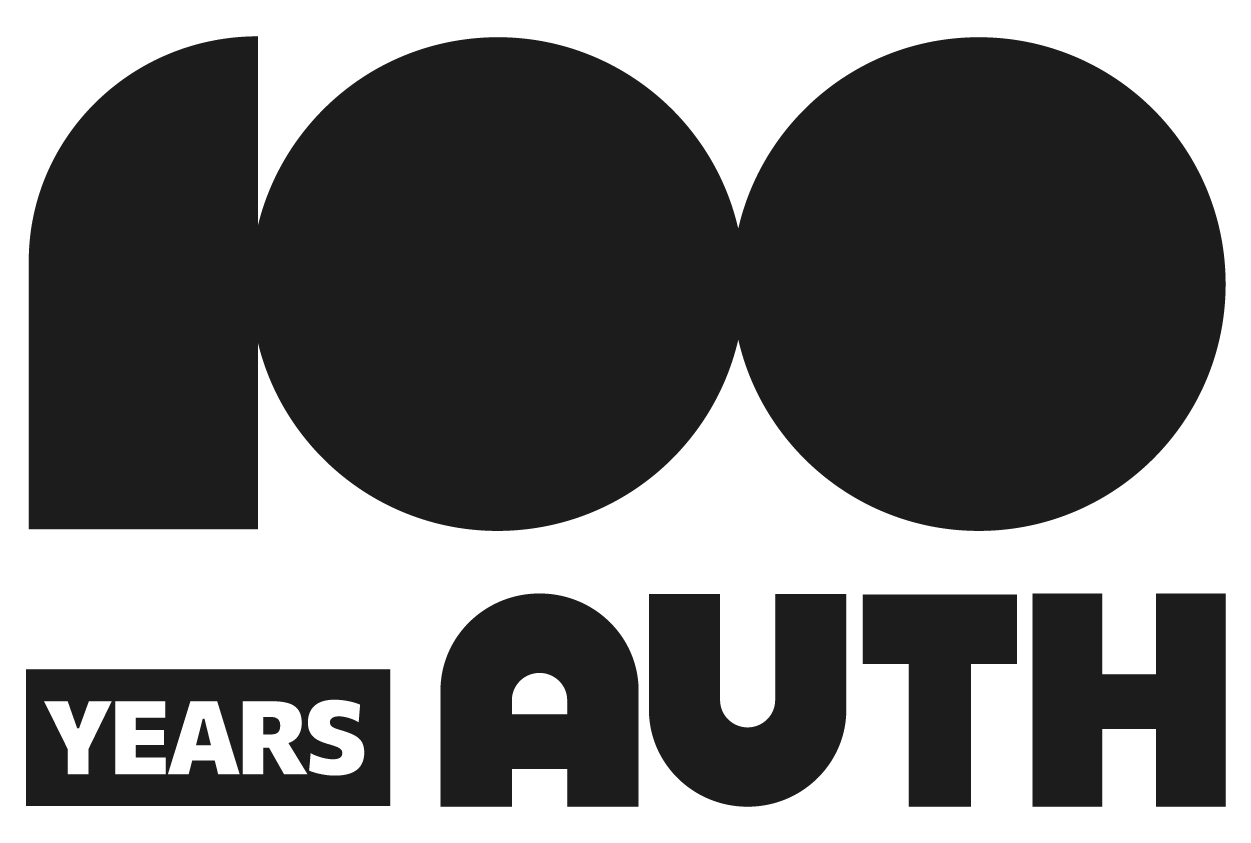
-
The UNESCO Chair/International Network of Water-Environment Centres for the Balkans (INWEB) on “Sustainable Management of Water and Conflict Resolution” was established in July 2003 at the Aristotle University of Thessaloniki, at the School of Civil Engineering (Department of Hydraulics and Environmental Engineering, Hydraulics Laboratory).
The UNESCO Chair/INWEB is a network of academic and non-academic institutions. The members of the institutions in each of the ten Balkan member-states have a specific focal point. Focusing mainly on trans-boundary issues, the UNESCO Chair/INWEB promotes a multi-disciplinary approach to water resources management, involving scientists, engineers, economists, legal experts and sociologists. It supports initiatives on integrated water resources management, and promotes joint research and training projects, as well as the sharing of expertise.
Its objectives are to:- Facilitate the exchange of information in the field of water resources and the environment by establishing an international, open network in the Balkan region
- Raise public awareness with regard to issues surrounding water resources and environmental protection
- Promote training and professional development opportunities in the Balkan region by providing distance learning programmes
- Draw up inventories of existing trans-boundary monitoring systems
- Design and maintain databases on water and the environment using official, validated national data compatible with European Union standards and related to trans-boundary water bodies (rivers, lakes and coastal waters)
- Establish an international experts network.
Along with UNESCO and other major international organizations, the UNESCO Chair/INWEB has organized international workshops on trans-boundary water resources management, has set up web-based water databases on the internet powered by Google Earth for those interested in water resources in the Balkan region, as well as draw up inventories of trans-boundary surface and groundwater resources in the Balkan region.
Its current activities include:- Implementing UNESCO’s “From Potential Conflict to Cooperation Potential” (PCCP) programme to the Balkan region.
- Participating in UNESCO’s International Hydrological Programme (IHP), based in Paris.
- Cooperating with UNESCO’s Regional Office for Science in Europe (UNESCO ROSTE), based in Venice, as well as with other major international organizations, such as the United Nations Economic Commission for Europe (UNECE), the Economic and Social Commission for W. Asia (ESCWA) and the Food and Agriculture Organization of the United Nations (FAO).


